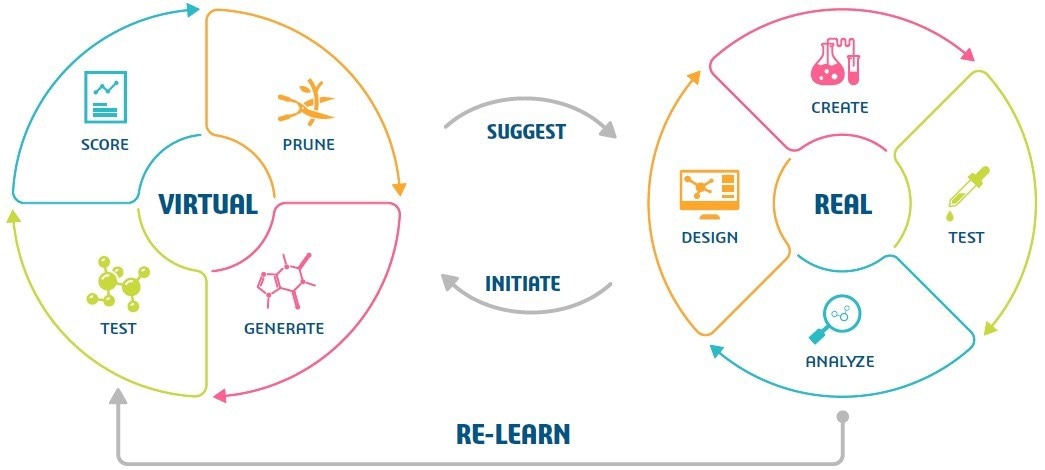The Role of AI in Diagnostics
One of the most significant contributions of AI to healthcare is in the field of diagnostics. AI-powered systems have proven to be highly effective in analyzing medical images such as X-rays, MRIs, and CT scans. These systems can quickly and accurately detect abnormalities, helping healthcare professionals make more precise diagnoses.
AI algorithms, often powered by deep learning and neural networks, can learn from vast datasets of medical images and identify patterns that might be imperceptible to the human eye. This ability to detect subtle variations in images allows for early diagnosis and treatment, ultimately improving patient outcomes.

AI-Driven Drug Discovery
Traditional drug discovery is a lengthy and costly process, often taking years to bring a new medication to market. AI is changing this landscape by significantly accelerating the drug discovery process. AI models can analyze vast amounts of biological and chemical data, helping researchers identify potential drug candidates and predict their efficacy.
This not only reduces the time required for drug development but also minimizes the associated costs. Pharmaceutical companies are increasingly relying on AI to identify new drug targets, optimize drug formulations, and predict potential side effects, making the development of life-saving medications more efficient.

